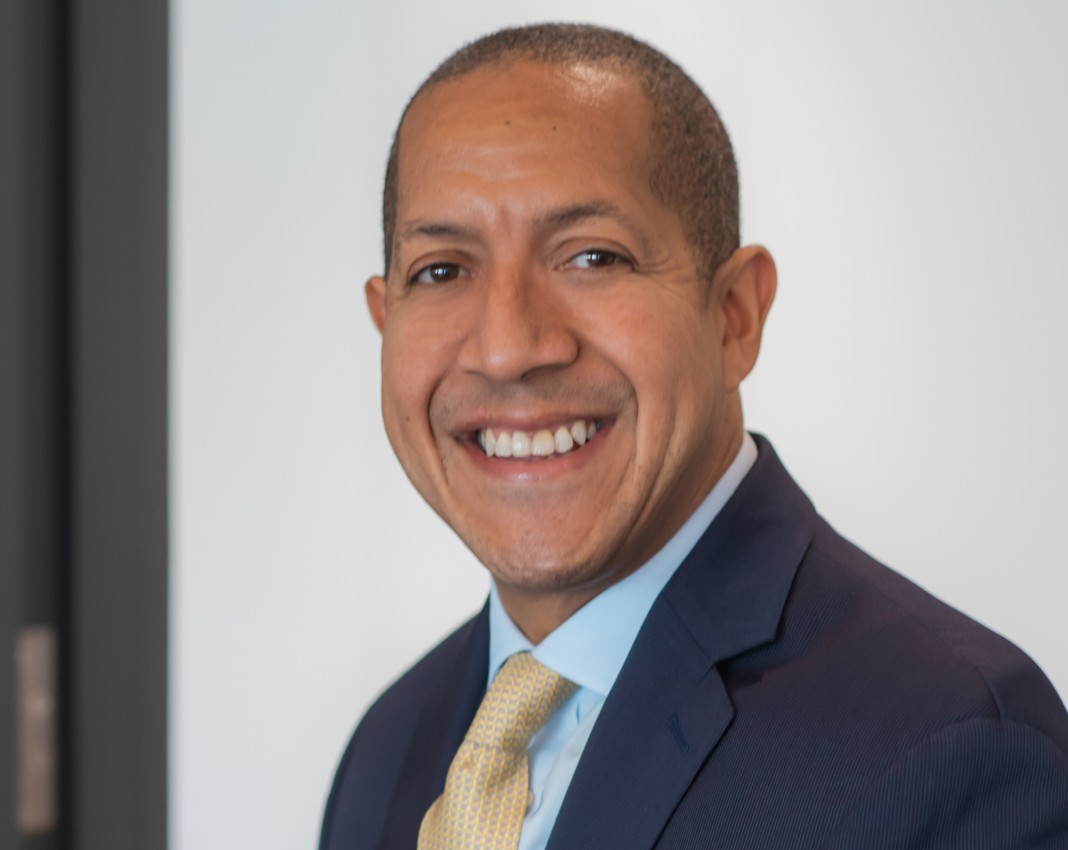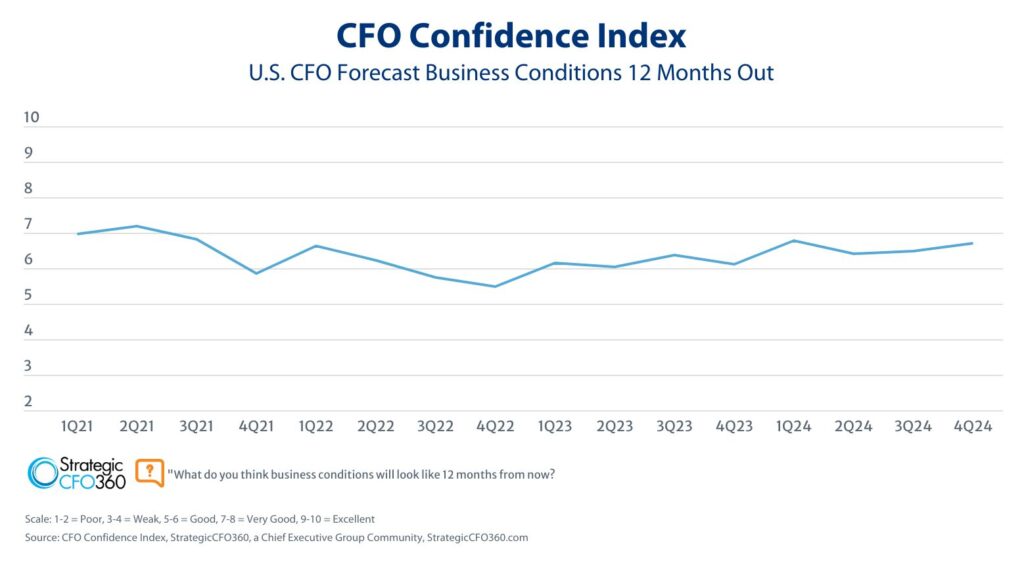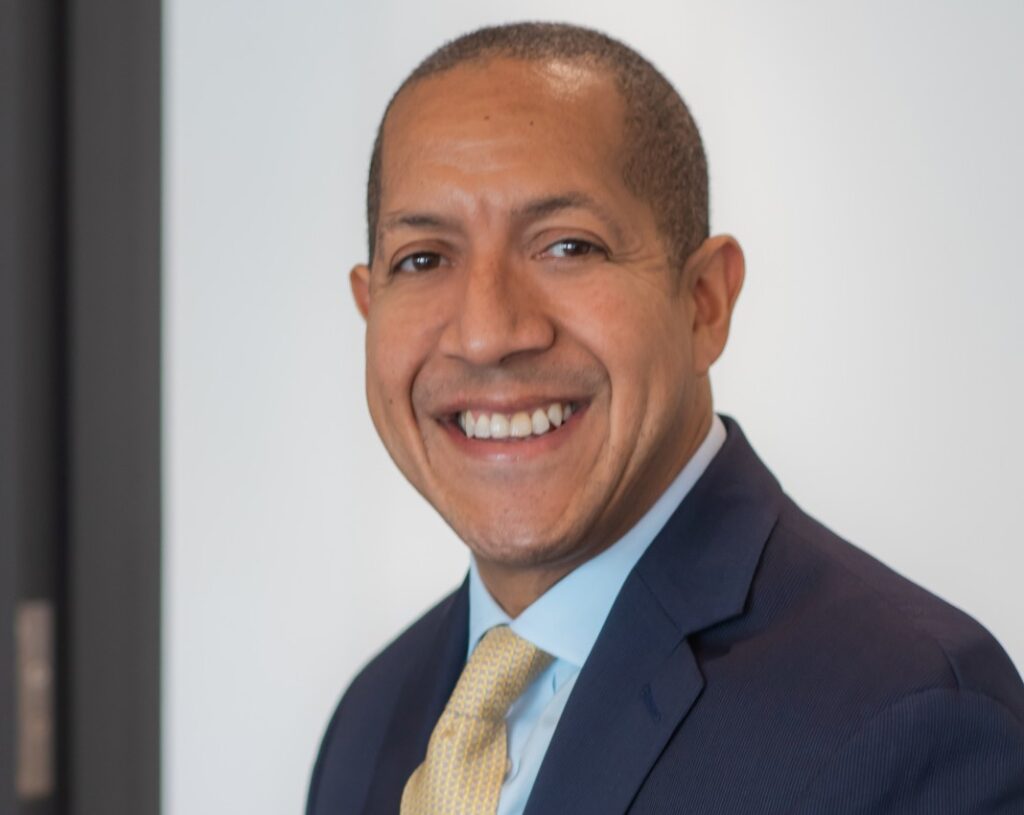In a complicated macro environment with challenges for business leaders, it can be easy to act reactively to the pressures of the day. But a company should stay committed to its core values, specifically its values that drive better outcomes for its shareholders, customers and employees.
That’s according to Fred Royall, head of diverse businesses in commercial banking at JPMorgan Chase. Royall leads a team of bankers nationwide to identify opportunities and build upon existing relationships with business owners and founders from diverse backgrounds. He was the founder and CEO of Royall Capital Holdings, a boutique investment bank that raises capital for private, diverse middle-market companies.
In the interview below, Royall explores the business outcomes of investing in founders from underserved backgrounds, the inequalities in access to capital and the ideas and metrics that win over VC investors.
In what ways does supporting women and minority business leaders promote larger economic and financial growth?
Investing in founders from underserved backgrounds is not a “nice-to-have” but a crucial part of strengthening the U.S. economy. Supporting founders from diverse backgrounds means:
- More job creation, which contributes to lower unemployment rates and higher household incomes
- Economic mobility, by empowering underserved communities to build wealth and re-invest in their communities
- New customers, by diversifying the economy and therefore contributing to sustainable and resilient development
- Innovation, in the form of new ideas from untapped talent and leadership that serves customers in new ways
- Support for local infrastructure and services, strengthening local community development
The U.S. Department of Commerce says diverse entrepreneurs generate nearly $2 trillion in revenue yearly. Supporting diverse businesses through access to capital, resources and relationships that have been unavailable in the past is an essential part of building a more equitable and robust economy. Being a part of that work gives me immense pride.
What strategies can CFOs of women and minority-owned early- and growth-stage businesses employ to ensure they’re capital-ready?
Capital readiness is the key to unlocking a business’s long-term potential. It’s not just having enough money but strategically managing finances to fuel growth, seize opportunities, weather downturns and attract investors. It fosters efficient operations and ensures every dollar is used effectively, building a solid foundation for sustainable success. Yet, there are large disparities in access to capital.
In 2023, Black founders received just 0.48 percent of venture capital funding, down from 1 percent in 2022, according to Crunchbase data. Meanwhile, PitchBook data from last year reveals that companies founded entirely by women secured only 2.2 percent of VC funding. These figures are similarly discouraging for other underrepresented groups, like veterans.
To address this disparity and ensure capital readiness, CFOs of women and minority-owned, early-and growth-stage businesses need more than just a good idea to win over investors. Entrepreneurs need to paint a compelling picture demonstrating a profound grasp of the market potential, a well-defined business model that delivers value and a capable leadership team at the helm. From day one, investors will naturally want solid performance metrics, profitability—or path to near-term profitability—and a valuable profile to back up the initial vision.
Founders from underserved backgrounds also need to find critical partners to help connect them to resources, like mentors, industry leaders and those in the VC space.
How can CFOs of women and minority-owned businesses effectively collaborate with financial institutions to drive growth or build resiliency?
Financial institutions can be an indispensable resource for assessing financial needs and exploring the right solutions for long-term success.
From managing cash flow to securing loans or investments, a team’s knowledge of financial tools can optimize a company’s capital structure. However, collaboration with your bank also goes beyond financing—bankers can provide insights on business strategy by reviewing long-term plans, analyzing product offerings, and even helping expand into different markets. In my experience, this strategic partnership can help businesses see around corners, solve pressing challenges and shape their future.
Additionally, partnerships with community organizations and local chambers of commerce can provide CFOs access to various resources. These organizations often offer mentorship programs, educational workshops and networking events. Leveraging these community resources helps address immediate business challenges and fosters a supportive ecosystem.








